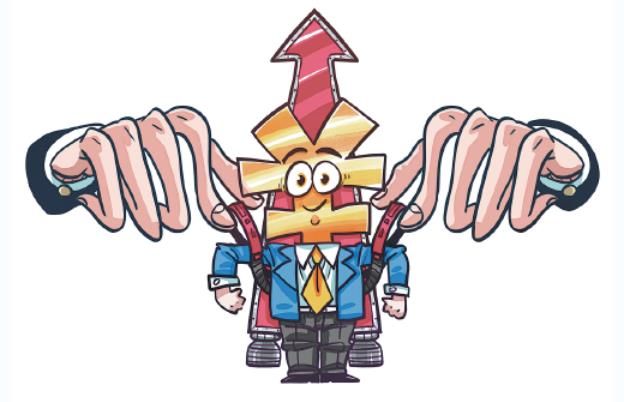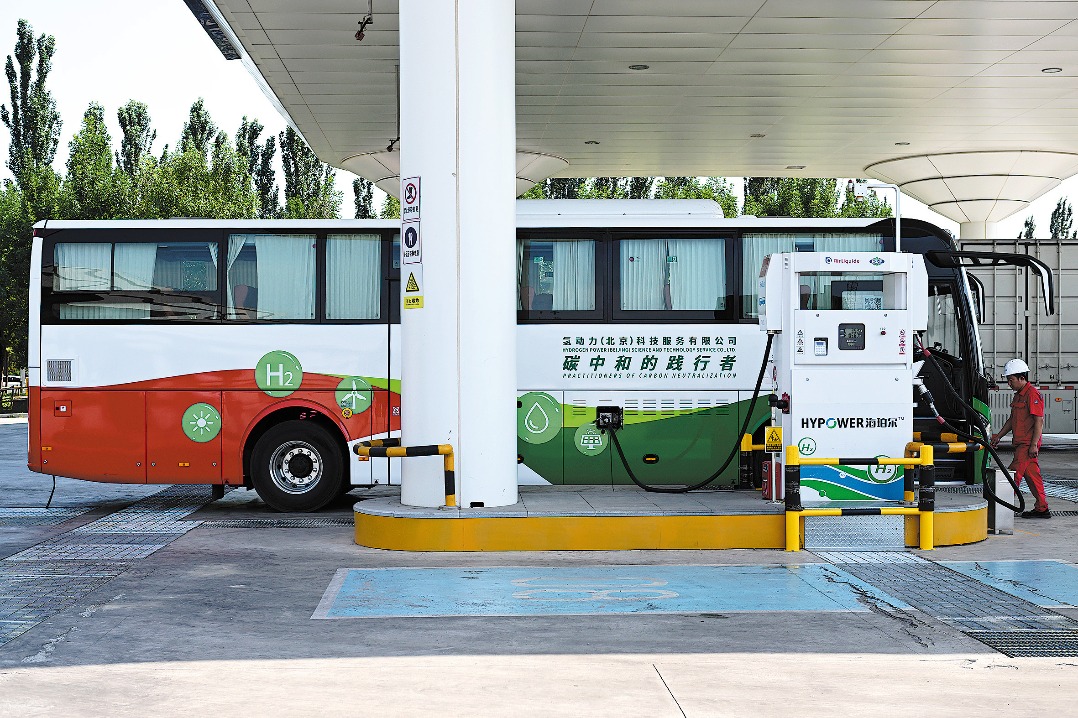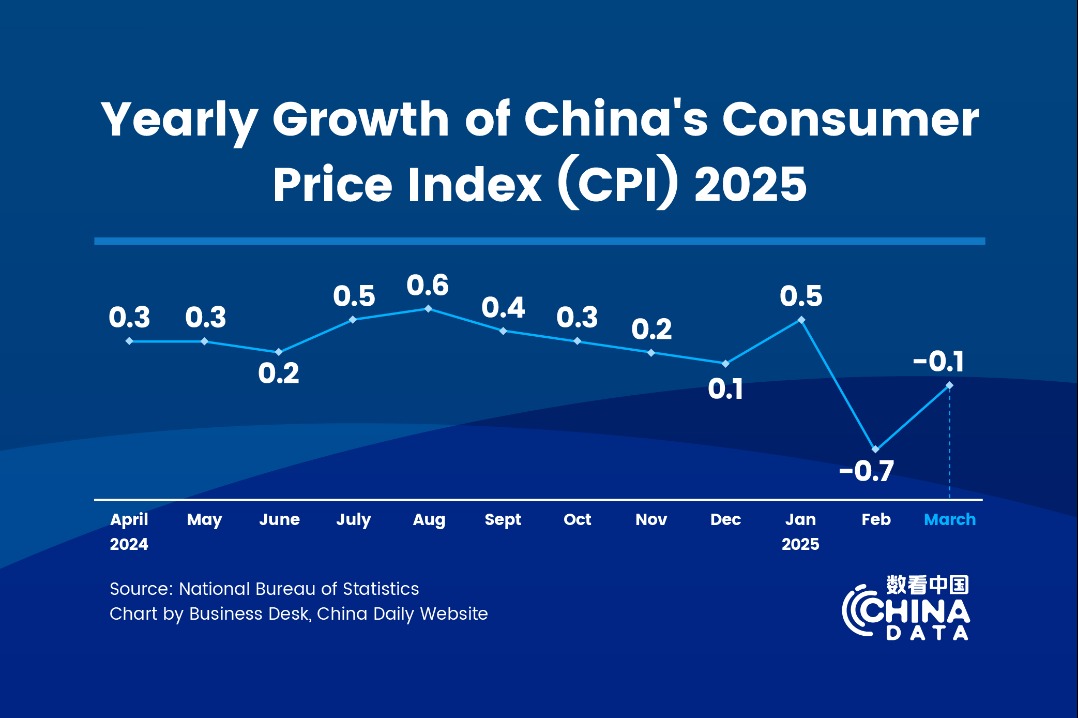Measures must be commensurate with impact


For China's economic policymakers, the top priority right now must be formulating and implementing new policies to help micro, small and medium-sized enterprises to overcome the challenges created by the novel coronavirus that has led to the COVID-19 outbreak.
The epidemic will mainly affect micro, small and medium-sized businesses, which account for a large proportion of private enterprises in the country.
Official data show that private enterprises contributed 80 percent of urban employment and 90 percent of new jobs last year.
Considering the impact of the COVID-19 on small businesses and employment, policymakers should make it clear that preventing economic storms is a highly important part of prevention and control of the epidemic. In other words, we are trying to achieve two goals at the same time.
On one hand, we must control the spread of the COVID-19 as soon as possible. On the other hand, we should revive those economic activities that can be salvaged without delay. Else, the overall economy, not just small businesses, may be hard-hit.
Local governments must realize that they ought to pursue dual goals-controlling the outbreak and taking targeted measures for containing the risk of a significant economic downturn.
During the process, local governments must avoid excessive intervention in economic activity and resist any temptation to go in for a policy overkill. For, that may increase operating costs for companies.
We stress that the rules of the market should be followed; market activities should be allowed to recover gradually; and the capability and resilience of the market to respond to emergencies should be improved.
That would indicate continuous enhancement of the capacity for comprehensive governance in China.
Currently, tight cash flow is the primary issue faced by micro-, small and medium-sized enterprises.
Zhu Wuxiang, a professor of corporate finance at the School of Economics and Management of Tsinghua University in Beijing, led a survey on the impact of the COVID-19 on 995 small and medium-sized enterprises.
The results of the survey show that 85 percent of the SMEs will experience a cash flow crisis in no more than three months, and 58 percent of the companies estimate that the epidemic will lead to a decline in their operating income by more than 20 percent this year.
The companies said operating expenses put them under huge pressure. This type of pressure mainly came from employee salary and benefits (62.78 percent), loan repayment (13.98 percent) and rent payment (13.68 percent).
The survey also found that many companies lack effective measures to deal with the negative impact of the COVID-19 outbreak. To get through tough times, 22.43 percent of the companies will cut jobs and salaries, 21.23 percent will apply for loans, and 16.2 percent have suspended production.
I suggest small businesses should try their best to increase operating and sales revenues through various ways, such as online sales and other innovative measures. In the meantime, they should reduce costs as much as possible to ease a cash flow shortage.
To mitigate liquidity risk and prevent business failure, the government can step up financial support by increasing the issuance of small business loans, lowering loan interest rates, and allowing micro, small and medium-sized enterprises to postpone debt repayment.
Local governments in various regions, cities and counties recently launched a number of policies to support small businesses. Owners and executives of the companies must pay close attention to these policies and seek government assistance accordingly.
Besides, companies should talk to their stakeholders, including employees, financiers, clients, buyers and suppliers, to find a mutually beneficial way for all to join hands and get through hard times. Survive somehow-that is what a small business can do in the short term.
The government's response to the market situations this time has been solid and timely.
Many local governments launched a suite of policies, such as cutting tax and fees, and assisting companies to lower their operating costs through the adoption of proper measures, with the aim of helping small businesses overcome difficulties.
We are delighted to see that changes are taking place in China's public governance systems as the national economy transitions to consumption-driven, high-quality development, compared with the investment and export-driven growth model of the past.
China is also undergoing an industrial restructuring. The tertiary or services sector has become a major pillar and a key driver of economic growth, unlike in the past when manufacturing and agriculture held sway.
Last year, the value-added output of the services sector expanded by 6.9 percent from the previous year to 53.42 trillion yuan ($7.66 trillion), accounting for almost 54 percent of China's gross domestic product, according to the preliminary estimates of the National Bureau of Statistics.
Consumer spending contributed almost 58 percent of GDP growth last year, said Ning Jizhe, head of the NBS, at a news conference on Jan 17.
COVID-19 will have a huge and direct impact on services, including catering, transport, entertainment, hotels and logistics. We need to analyze how the outbreak will affect these industries in detail and take countermeasures accordingly.
If it takes long for us to control the disease, the impact on the economy may spread to other industries such as manufacturing and real estate. That is why, we must control the disease as quickly as possible. How big the impact will be also depends on how precisely we could identify the areas and business segments that will be most severely affected and which targeted policy measures we take.
In the past, local governments vied mainly for regional GDP growth. During the epidemic, however, the public cares more about which local government is acutely aware of the seriousness of the disease, responds in a timely manner, and launches policies that will control the outbreak and prevent an economic downturn more effectively.
Nowadays, local governments also compete in efficient delivery of public governance, which shows that the concept of innovative, coordinated, green, open and shared development has begun to shape or determine local government behavior. This is a positive change we are seeing amid China's efforts to combat COVID-19.
The writer is a professor of finance and dean of the Guanghua School of Management at Peking University in Beijing.




































